|
Genres, Themes, Actors, and Directors:
- Akim Tamiroff Films
- China
- Father and Child
- Gary Cooper Films
- Lewis Milestone Films
- Madeleine Carroll Films
- Revolutionaries
Review:
Lewis Milestone directed this unusual early thriller, featuring several noteworthy sequences, creative cinematography (by Victor Milner), and fine performances by the ensemble cast. While Russian-American Tamiroff plays the lead Chinese villain, many of the supporting Asian roles appear to be played by Asian-Americans and there’s refreshing diversity in their portrayals. With that said, this is still primarily a film about White leads Cooper and Carroll, whose ill-fated love affair rings true — especially given the realistically oily performance by Hall as her worthless father. (Is he meant to be an opiate addict? That would make sense in this context, and would help to explain the desperation felt both by him and his enabling daughter.) Werner Janssen’s score at times feels intrusive, but is interesting enough to make one sit up and take notice.
Note: In looking over the Peary-listed films directed by Milestone — best known for the Oscar-winning All Quiet on the Western Front (1930) — it seems he helmed several other unique and/or above-average titles, including Rain (1932), Of Mice and Men (1939), The Purple Heart (1944), and The Red Pony (1949).
Redeeming Qualities and Moments:
- Fine performances by the entire cast
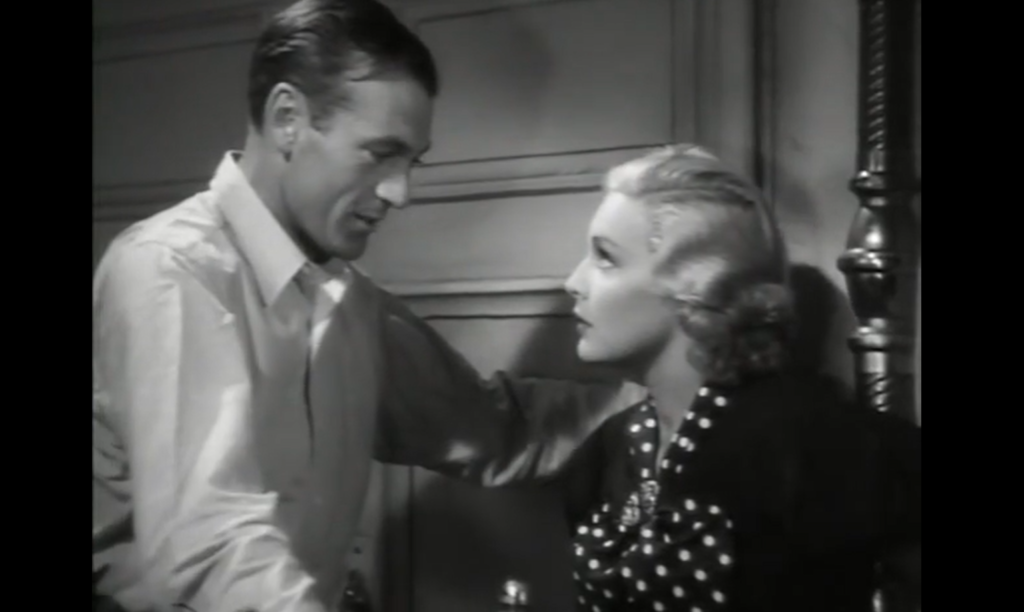
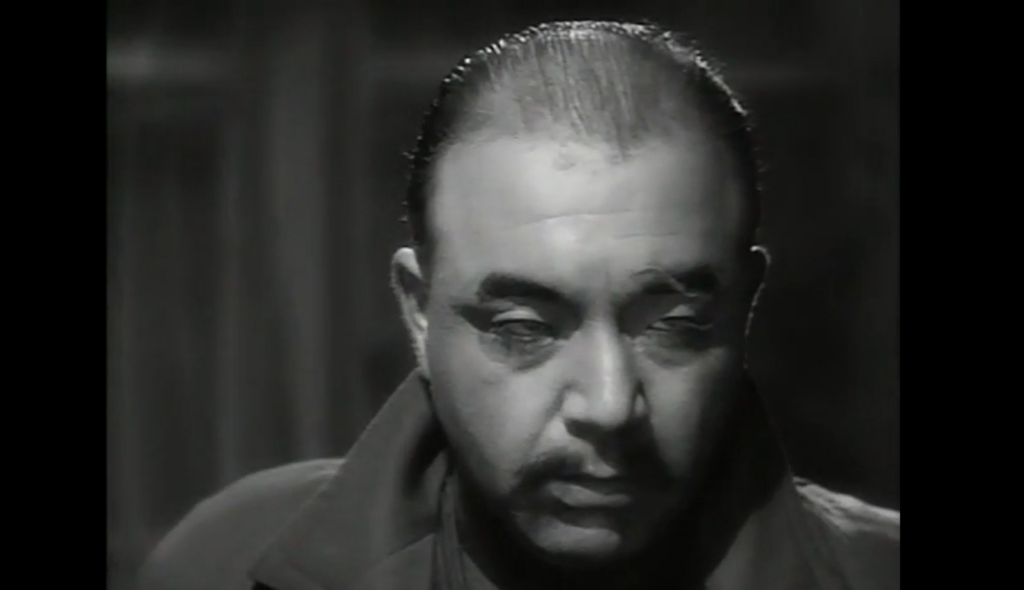
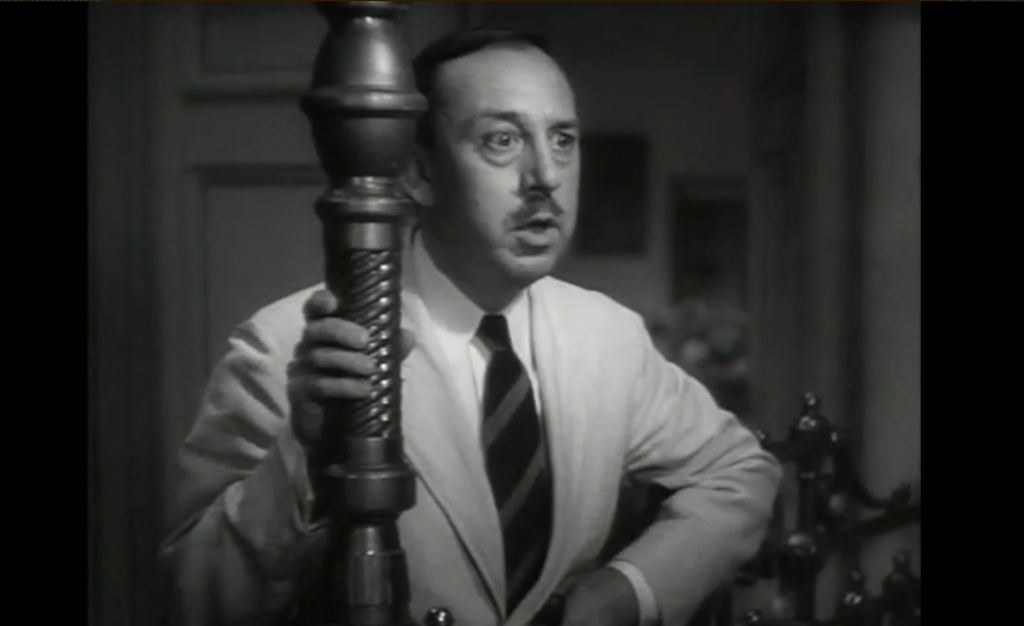
- Victor Milner’s cinematography
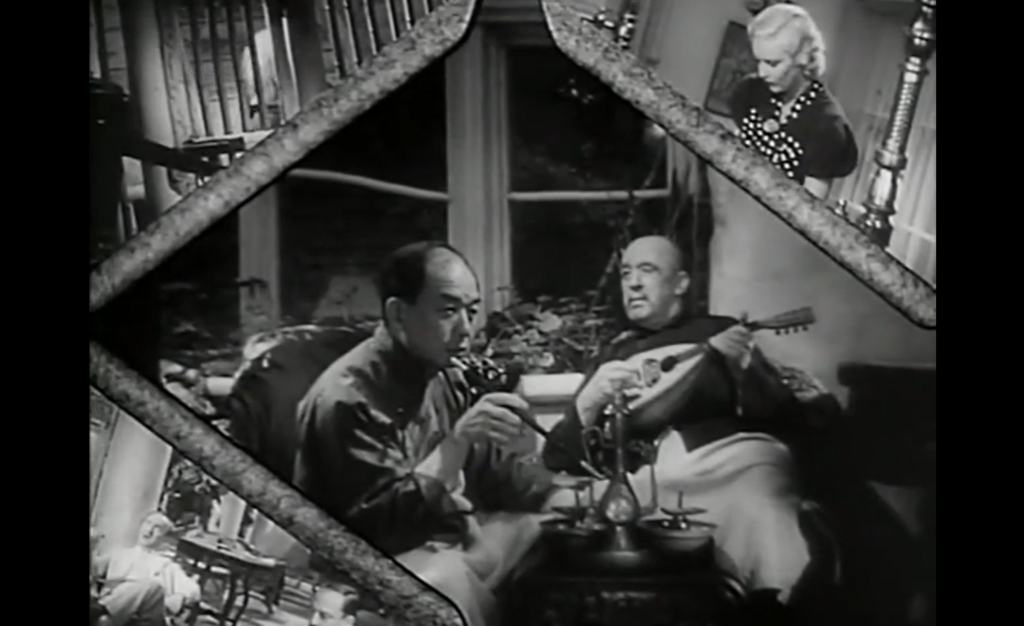
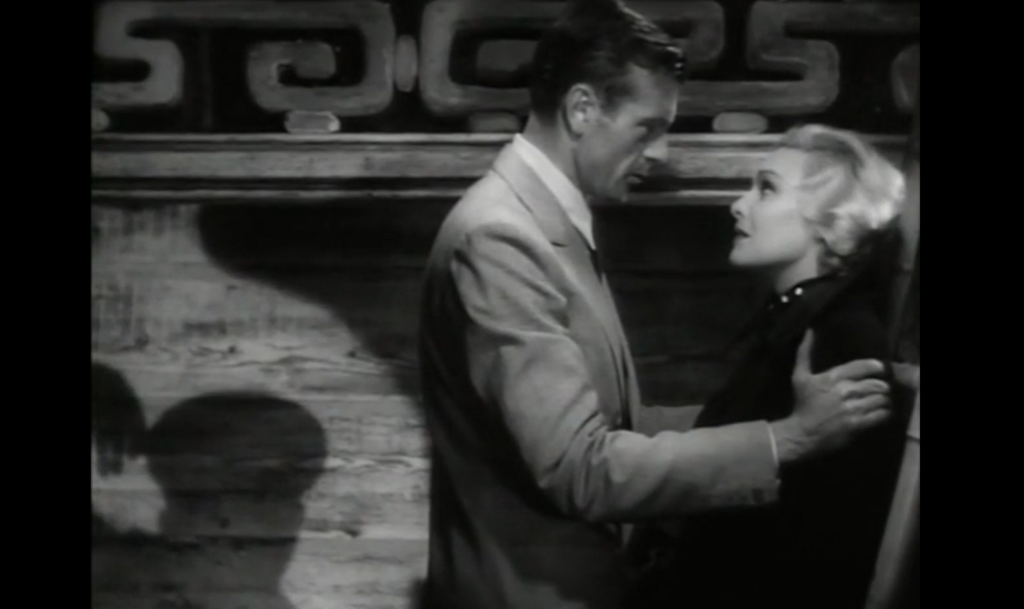
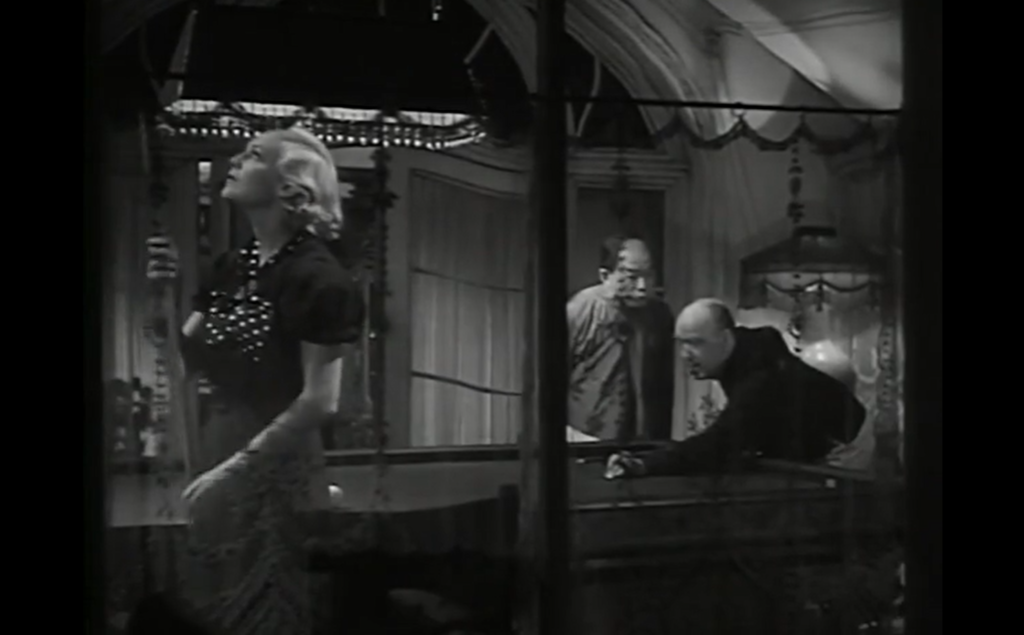
- Werner Janssen’s eclectic score
Must See?
Yes, once, as an unusual early thriller. Listed as a film with Historical Importance in the back of Peary’s book.
Categories
Links:
|
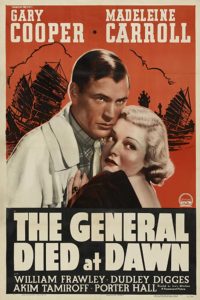






One thought on “General Died at Dawn, The (1936)”
Not must-see.
At 98 minutes, the film carries a storyline that seems to have been edited down to the basics, leaving initial character motivation to suffer. From the outset, it’s not all that clear how everyone got here and why they’re all in this particular grouping.
The plot itself (consisting of nothing but “Where is the money?!”) is paper-thin and becomes tiresome.
The love angle is more-than-usually baseless and is just not as interesting against a backdrop of revolutionary upheaval. (It also, ultimately, becomes sappy in an over-the-top way.)
This was Clifford Odets’ first screenplay. Later in his career, he would learn to hold off more with his signature slang (it would still be noticeable but much more on the back burner in films like ‘Humoresque’ and ‘Sweet Smell of Success’). But here, it too often sticks out in awkward or inappropriate ways that draw attention to the writer:
“I feel like a bag of broken glass.” (What?!)
“And this is the girl I loved with vitamins A, B and C.” (What?!)
“Sure, but if you’re gonna suggest chocolate, I prefer vanilla.” (What?!)
“It looks like I’m the original boy who took the watch apart and couldn’t put it together again.” (What?!)
(Those are just samplings. Writing like that is the reason I appreciate the Coen brothers’ parody of Odets in ‘Barton Fink’.)
Odets is more successful when he just does what a writer for this kind of film should mainly do: move the action along. He also supplies an important but subordinate character – Mr. Brighton – who is written in a one-note manner and, as played by William Frawley, is little more than annoying. …The shrill denouement comes off as rah-rah but naive.
Milestone’s direction is sensible so, all things considered, the film is at least watchable overall. But it’s also a missed opportunity and disappointing.